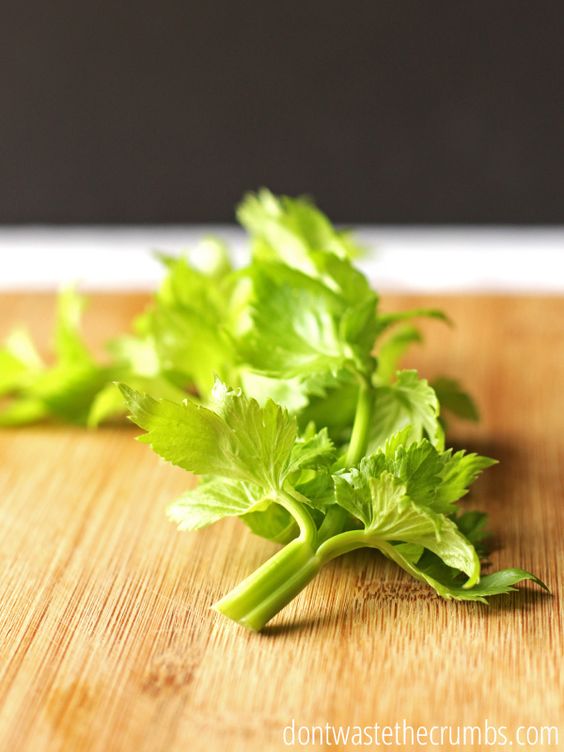Herbs and Spices - Celery leaves

Celery leaves
Celery is part of the Apiaceae family, which includes carrots, parsnips, parsley, and celeriac. Its crunchy stalks make the vegetable a popular low-calorie snack, and it may provide a range of health benefits.
The fiber in celery can benefit the digestive and cardiovascular systems. Celery also contains antioxidants that may play a role in preventing disease.
Benefits:
1.Great source of antioxidants: Antioxidants protect cells, blood vessels, and organs from oxidative damage. Celery contains vitamin C, beta carotene, and flavonoids, but there are at least 12 additional kinds of antioxidant nutrients found in a single stalk. It’s also a wonderful source of phytonutrients, which have been shown to reduce instances of inflammation in the digestive tract, cells, blood vessels, and organs.
2.Reduces inflammation: Chronic inflammation has been linked to many illnesses, including arthritis and osteoporosis. Celery and celery seeds have approximately 25 anti-inflammatory compounds that can offer protection against inflammation in the body.
3.Supports digestion: While its antioxidant and anti-inflammatory nutrients offer protection to the entire digestive tract, celery may offer special benefits to the stomach. Pectin-based polysaccharides in celery, including a compound known as apiuman, have been shown to decrease instances of stomach ulcers, improve the lining of the stomach, and modulate stomach secretions in animal studies.
4.High water content of celery : Almost 95 % — plus generous amounts of soluble and insoluble fiber. All of those support a healthy digestive tract and keep you regular.
5.Rich in vitamins and minerals with a low glycemic index: You’ll enjoy vitamins A, K, and C, plus minerals like potassium and folate when you eat celery. It’s also low in sodium. Plus, it’s low on the glycemic index, meaning it has a slow, steady effect on your blood sugar.
6.Alkalizing effect: With minerals like magnesium, iron, and sodium, celery can have a neutralizing effect on acidic foods — not to mention the fact that these minerals are necessary for essential bodily functions.
Serving way:
• Use celery leaves as a fresh herb. Mince them finely or coarsely chop them to garnish any dish with bright, celery flavor.
• Make celery leaf pesto. Spread the bright pesto over toast or into a sandwich.
• Make a celery leaf and chickpea salad. Combine celery leaves, chopped celery, and chickpeas with shaved red onion and sherry vinaigrette.
• Add celery leaves to vegetable stocks, soups, stews, and pasta sauce.
• Add celery leaves to a stir-fry at the very end of cooking. Reserve a pinch of leaves to garnish the top.
• Swap parsley for celery leaves in a classic tabbouleh with bulgur, tomato, and cucumber.
https://www.healthline.com/health/food-nutrition/health-benefits-of-celery#2